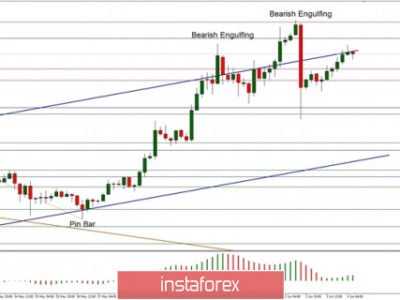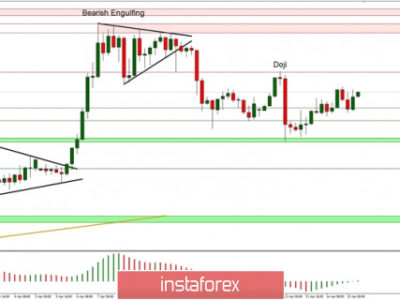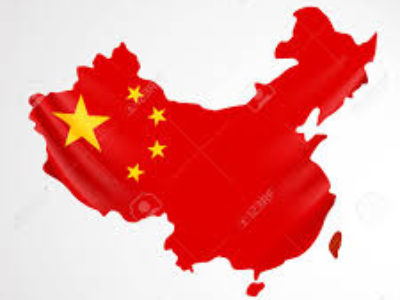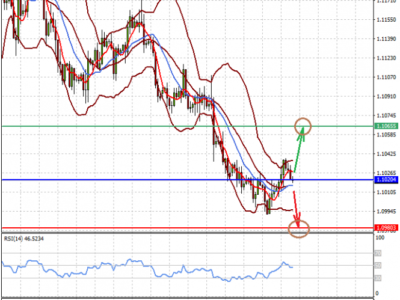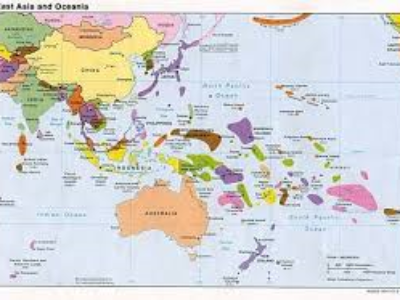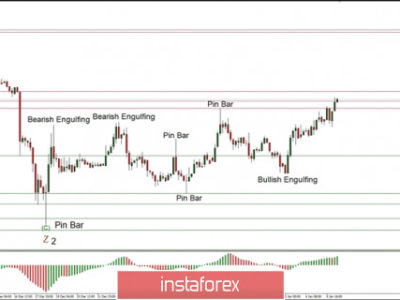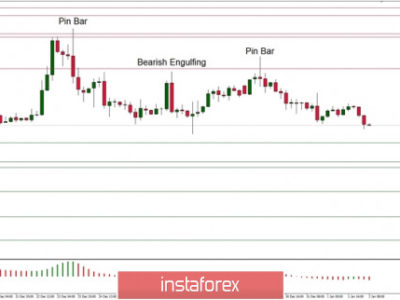Previous Story
CHINA – NOT A BANANA REPUBLIC
This MACRO piece tries to makes sense of the recent performance of the Shanghai Stock market and Chinese retail participation in it. There are pros and cons to every story.
MONETARY POLICY PROS
According to the performance of the Shanghai Stock Exchange China has plenty of cash. On 20/4 market volume was a huge 1.1 trillion Yuan which equates to $180 billion. The market could not handle this volume and the counter got stuck at 999.99 billion. Not surprising really when more than a million new stock trading accounts are being opened every week with money chasing a market that has more than doubled over the last year.
So lots of excess spare money that is being utilised for speculative stock market activities right? If so then why did the PBOC cut the amount of Required Reserve Ratio which banks have to hold as reserves by a full percentage point to 18.50% freeing up a further 1.3 trillion Yuan which can feed even more speculation?
Like most Central bank’s around the world the role of the PBOC is twofold: maintain price stability and economic growth. On both counts the PBOC’s action is wise.
Inflationary pressures are waning quickly with the fall in property prices and whilst economic growth at 7% is in line with expectations, it is coming down rather than going up. That is why interest rates began to be cut at the end of last year and also why the RRR was reduced.
STOCK MARKET PROS
In 2010 China’s economy overtook Japan’s as the world’s second largest economy. It is only now that the country’s stock market has finally caught up.

Like most of the world’s stock markets the Shanghai Stock Exchange behaviour can at times seem counter-intuitive.
During the period 2009-2013 when China was the world’s fastest growing economy its stock market was one of the world’s worst performers. The opposite is true on both counts today.

The market is still relatively small. Whilst in the USA where the market represents 150% of total banking assets, in China it is only 50%. This is one of the main reason’s that the financial meltdown in 2007/08 had such a detrimental effect on the US stock market.
In October 2014 we saw the launch of the Shanghai-Hong Kong Connect scheme, which for the first time allows international investors direct access to Shanghai stocks.
Even with the recent run up the Shanghai index is cheap. It is currently trading at 10 times expected 2015 earnings, compared with 15 for the MSCI world index which is an average of developed markets. Shanghai is also inexpensive by its own standards. The market’s P/E ratio of 14 is a 35% discount to its 10 year average.

The property downturn and a regulatory crackdown on financial firms offering high yield investments have left domestic investors searching for new investment opportunities and the cheap, long suffering stock market benefited.
So far so good, however as we know there is always another side to the story.
MONETARY POLICY CONS
Accommodative monetary policy is right for the economy but a risk for an overheated stock market. A potential solution may be stricter regulation. This will take the heat off the market in the short term.
Simplify the listing process thereby growing the number of listed companies. That would allow the surplus speculative capital to fund new companies as opposed to buying existing expensive shares. However the greater the supply the less the price.
Any surprise reversal in interest rate policy, whilst highly unlikely at this stage of the economic cycle would be instantly disastrous for share values. Similarly and far more likely a halt or delay in any anticipated easing due precisely because of the feverish stock market speculation would have the same effect.
STOCK MARKET CONS
The boom has been driven by retail. 80% of all trading in China is conducted by retail. Whilst this would be extremely worrying for the more mature markets where institutional investors are in the majority, the Chinese market has always been retail driven. It is the current extent that is worrying.

The number of new brokerage accounts opened last week was a huge 3.25 million. This is double the number opened in the peak euphoria stage of the 2007 bubble.

Another concern is the amount of leverage that retail use to trade. Leverage has played a far bigger part in this rally than in any previous rally because of the introduction of margin financing, which allows investors to buy shares with borrowed money. Outstanding margin positions in the Chinese market have doubled to more than 800 billion yuan since July. This is huge.
The recent gains feel like a ‘mania’. Remember the 1999 NASDAQ mania when more shares were bought in the last three months of that market’s bull move than in the previous 5 years? Sentiment currently overrides any fundamental analysis. Couple this with TV, print media, social media and every investment banking analyst pushing the same bullish message and we could be witnessing a repeat of the 2006-07 climb. That unfortunately was followed by a calamitous crash.

This article comes to no immediate conclusion. It cannot. The author, as most commentators who comment on China are, is too far removed. We are happy however to state the following: China is the world’s fastest growing economy, its’ stock market is still in its relative infancy and whilst there is always two sides to every story we trust the PBOC.
Also true is that in the short term the market is very overbought and due a healthy correction.

